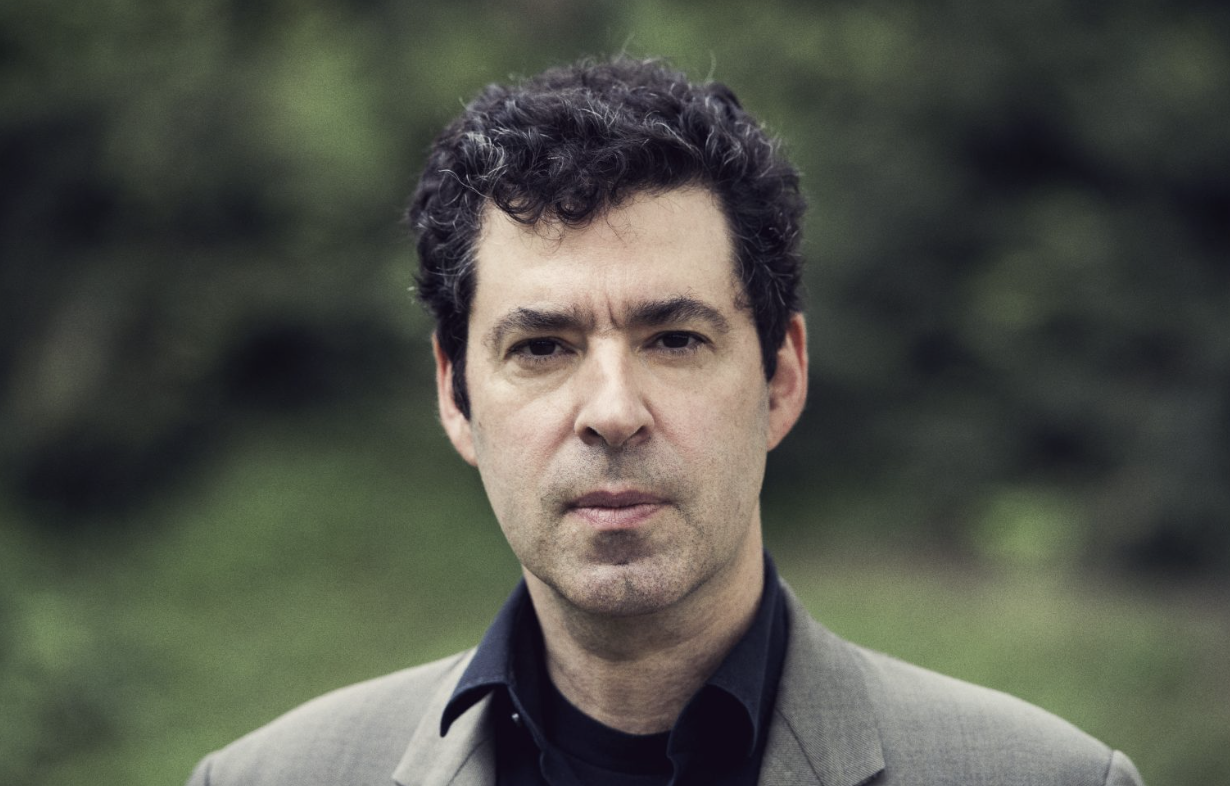Philosopher Jason Stanley has decided to leave the United States and Yale University for Canada, joining the Munk School of Global Affairs and Public Policy at the University of Toronto. The author of How Fascism Works: The Politics of Us and Them (2018) expressed concerns about the political climate in the U.S., stating he wants “to raise my kids in a country that is not tilting towards a fascist dictatorship” as he told Daily Nous, a website dedicated to the philosophy profession.
In an interview with The Guardian, Stanley explained that his decision came after Columbia University capitulated to the Trump administration last Friday by accepting demands — including crackdowns on protests, increased security powers, and “internal reviews” of certain academic programs, such as the Middle Eastern Studies department — to regain $400 million in federal funding.

Stanley had considered leaving as early as 2017, during Trump’s first term, but says the situation has worsened significantly. The Munk School is building a program focused on the idea of “an international struggle against democracy,” which he sees as “a very interesting intellectual opportunity.” He insists that this is not an act of fleeing: “I see it as joining Canada, which is a target of Trump, just like Yale is a target of Trump.” He added, “There’s resonance: my grandmother left Berlin with my father in 1939. So it’s a family tradition.”
Columbia University has been at the center of student protests against Israeli bombings in Gaza following the October 7 attacks. One of its doctoral students, pro-Palestinian activist Mahmoud Khalil, was detained over two weeks ago, taken from his home, and now faces deportation despite holding a green card and being married to a U.S. citizen. The Trump administration accuses him of being a Hamas sympathizer and has recently claimed he failed to disclose some employment information in his green card application. Allegedly, he omitted past work for UNWRA — the United Nations agency for Palestinian refugees, which Israel considers a terrorist hub — and for the Syrian office of the British Embassy in Beirut, Lebanon.
Most university faculty argue that academic institutions should uphold freedom of thought and expression as a sacred principle, fundamental to higher education. However, when federal funding is at stake, principles often give way.
“When I saw Columbia completely capitulate, and I saw this vocabulary of, well, we’re going to work behind the scenes because we’re not going to get targeted – that whole way of thinking pre-supposes that some universities will get targeted, and you don’t want to be one of those universities, and that’s just a losing strategy,” Stanley said. “You’ve got to just band together and say an attack on one university is an attack on all universities. And maybe you lose that fight, but you’re certainly going to lose this one if you give up before you fight.”
Stanley expressed concern about the weak response from other universities in support of Columbia. “Yale, where “I’ve been very happy,” he added, is now “trying not to be a target. And as I said, that’s a losing strategy”.
In a statement, Yale reiterated its commitment to being “home to world-class faculty members who are dedicated to excellence in scholarship and teaching”.
“Yale is proud of its global faculty community which includes faculty who may no longer work at the institution, or whose contributions to academia may continue at a different home institution,” the university said. “Faculty members make decisions about their careers for a variety of reasons and the university respects all such decisions.”











